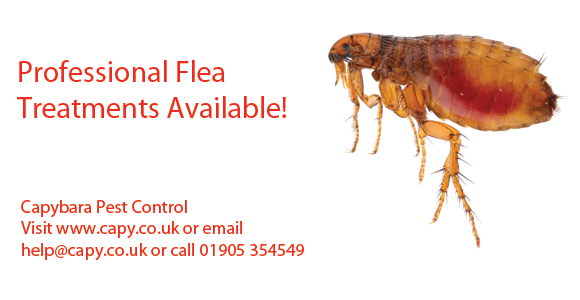Q: We enjoy reading your articles in the Windsor Star, also knowing that the two of you are organic gardeners, could you help and tell us how to control bugs without using chemicals? We are quite new to gardening and this is a new form of gardening to us. -Cathy and Jim, Oldcastle
A: Thank you for the compliment and for reading The Windsor Star, also your interest in organic gardening, which has many rewards!
All of us with gardens, no matter how large or small, by not using chemicals, we contribute to a healthier environment by controlling our garden pests the natural way -and there are quite a number of effective ways of doing this.
Some of us are now trying to change the balance by using some form of organic pest control in our gardens and yards rather than relying on practices that use harmful chemicals.
Here are examples of how to keep your garden pest-free organically.
Nematodes: Heterorhabditis bacteriophora are minute wormlike organisms harmless to us, birds or animals. They control pests such as grubs, and, in turn, fewer harmful beetles will emerge.
They are being used more and more as an alternative to chemicals, and are proving to be just as effective for garden and yard pest control. There are ordinary nematodes, bad nematodes and good nematodes. The ordinary nematodes feed on bacteria and fungi in the soil and also help to break down organic matter. The bad nematodes attack the roots of plants. (One way to control bad nematodes is to combine your planting with marigolds, which have a deterrent effect.)
Good nematodes are added in much the same way as ordinary liquid application. They may be packaged in different ways and mixed with water, and either sprinkled or sprayed (watering can or hoseend clean sprayer).
Nematodes are live creature and must be protected from dehydration; they should not be left for an indefinite time in your spraying equipment. Reduce water pressure when applying them, and be sure to avoid too much sun exposure. We find it is best when sprayed (applied) on a cloudy day or in the evening, and then followed by a good watering in, to help them get into the soil.
Birds: By providing them shelter, food and water they will give back many great rewards. All birds should be encouraged; they all help to keep your garden bug-free.
Frogs and toads are excellent controllers, especially of slugs, but if you import these into your garden, remember that they are amphibians and need a moist environment, clean water, and that their porous skins are highly susceptible to chemicals. A certain amount of precaution is needed with these friends. Buy them from a reputable source and stick to our native species for your yard.
Ladybugs are the natural predators of plant-sucking insects and other bad bugs they may find. When you do get your ladybugs, make sure you have water in your yard. It's best to release them toward evening to increase the chance they'll stay in your yard. We will let you on to a little secret: Tell your neighbours on both sides how great they are and that they should get some -this way the ladybugs will come into your yard.
Praying mantis: These interesting insects will eat almost any garden pest and will help control flies and mosquitoes. This should give you a good start for gardening the organic way -and the upper hand on your bad bugs.
Lacewings Eat hundreds of bugs and their eggs. It is the lacewing larvae that are most predatory, and their favourite targets are aphids, whitefly, leafhoppers, mites, mealy bugs, scale insects and some moths and caterpillars.
We help to encourage them to stay around by providing an assortment of plants. This gives them a varied diet. They like nectar, so grow flowering plants near your veggie garden.
By having a variety of plants, they will get a variety of bad bugs to eat -organically.
Crop rotation is another consideration to put into your organic gardening. Rotation is important if you are going to control pests and disease in the garden naturally. When plants are healthy and strong, it doesn't allow the bad bugs to get a foothold, as with weak plants.
We hope this will help and get you started into chemicalfree gardening, organically. We'll have more to follow.
HASTA LA VISTA, HOSTA VIRUS
Q We were told that there is a virus that can infect our hostas. Could you tell me what to look for, and is there a cure? -Isabel and Jonathan, Belle River
A The virus that you are asking about is the hosta virus X. It was found in Canada around 2004. HVX causes a slow decline in the plant's health and can eventually result in the death of the plant. Unfortunately there is no cure, and the symptoms vary and may take years to appear.
On some plants, thin, wrinkled leaves appear. Some plants develop foliage with sun-bleached, sunken areas with light or dark green streaks.
That said, you should know that some hosta varieties are perfectly healthy when have these characteristics, so you need to know your plants.
It would help to stop the spread of the HVX virus if you sterilize all your garden tools with a 10-per-cent bleach solution after using on each plant. After using and cleaning your tools with the bleach solution, apply a thin layer of oil on them for protection from corrosion during storage.
Check hostas you purchase or receive from friends, this should help limit or keep out this virus from your garden.
Alan & Karen Batke. Send a question to the Master Gardener hotline, at 519-561-6328, or email to essexwindsor@ mastergardeners.fastmail.fm
© Copyright (c) The Windsor Star







